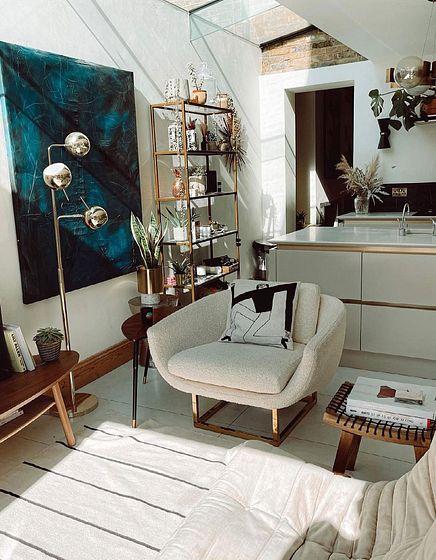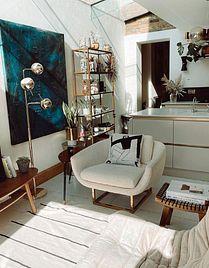hen make-up artist and influencer Lou Teasdale, 37, and her twin sister, co-founder of Bleach hair salon, Sam, were both 25 years old, they pooled together their savings to put down a deposit on their first flat.
Jointly, they had around £30,000 –- just enough to secure a mortgage on a £150,000 one-bed flat in Holloway, north London. It was a “doer-upper” and both sisters moved into it immediately – Lou in the living room, her sister in the bedroom – while they renovated the place from top to bottom.
Fast-forward to 2021, and that initial investment has propelled both sisters up the property ladder following over a decade of so-called “house flipping” (a type of real estate investment strategy where someone purchases a property intending to sell it on rather than live it themselves).
If it weren’t for that first Holloway flat, which they were able to remortgage to free up money for a new deposit and eventually sell at almost five times the buying price, neither Lou nor Sam would, they both agree, own anywhere close to the properties they now own.
Joined by their mortgage adviser, Chris Dawe, founder and CEO of London Mortgage Partners Group, Lou and Sam Teasdale share their top tips for getting on the property ladder with The Stack founder, Sharmadean Reid.




